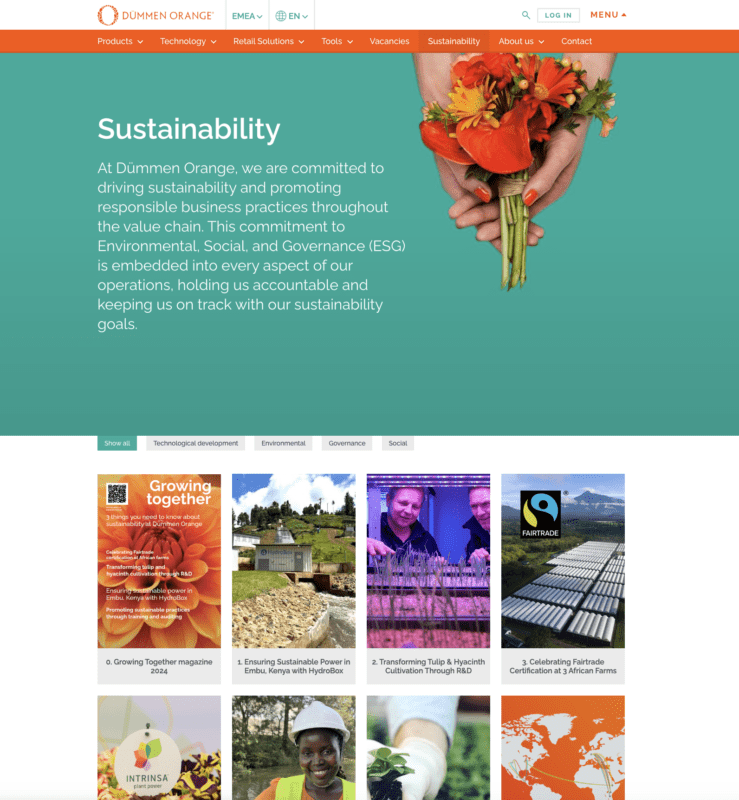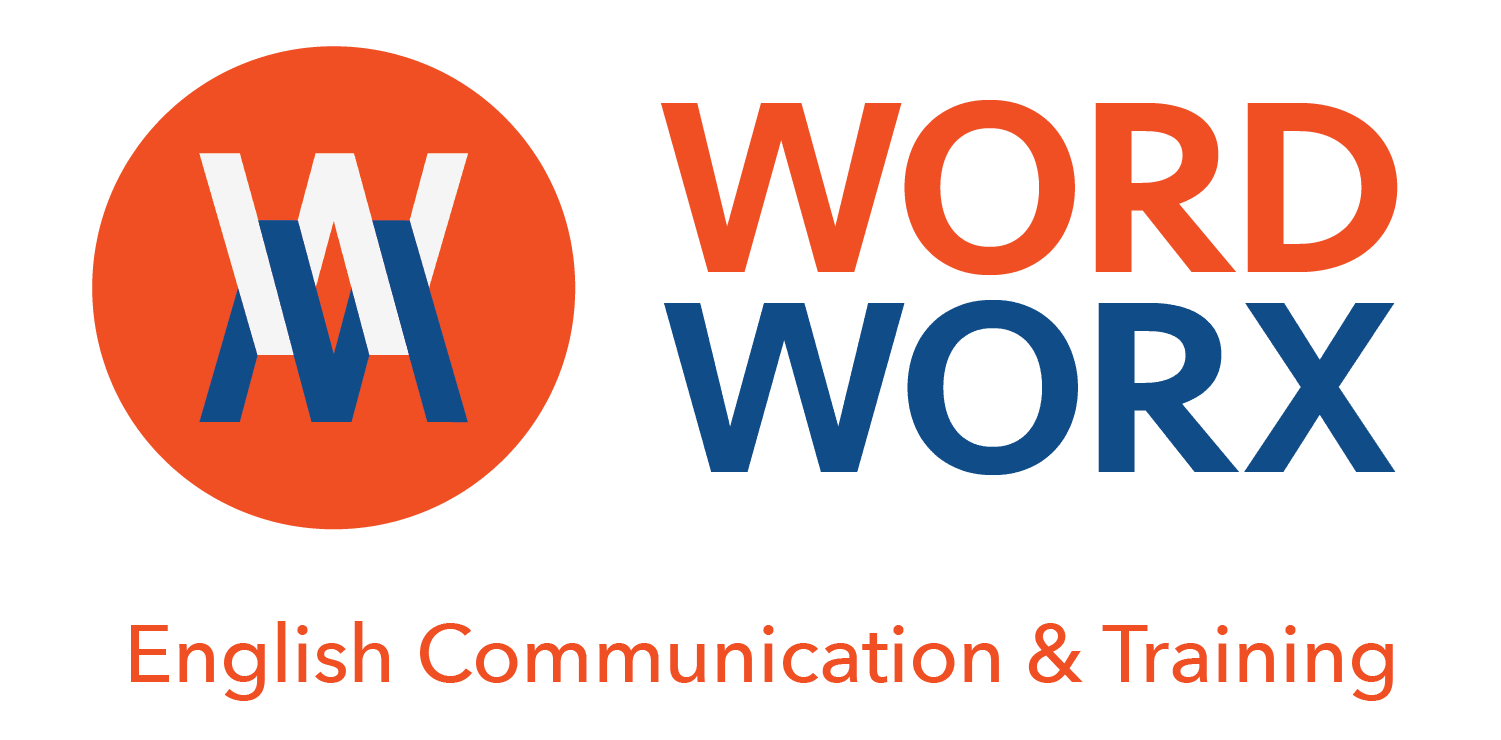Are you in need of a Landing Page Copywriter? Keep reading!
Writing a landing page sounds easy—you need to use persuasive writing to capture your audience’s attention, right? Wrong. Sadly, landing pages are the most problematic for (writers and companies) because they are pretty complex and have many considerations — some of which are often forgotten. Most businesses do not pay attention to the multiple facets that can impact their conversion rate.
My name is Elizabeth, owner of WordWorx. For nearly two decades, I’ve been creating impactful landing pages for entrepreneurs and businesses trying to sell a product or service. I started by writing my own landing pages in my early 20s and experimenting with them to rank them in Google. Today, I support others in doing the same.
Below, I outline some basics about what landing page copywriters like me can help you with.
What Does a Landing Page Copywriter Do?
A landing page copywriter works very closely with clients to ascertain the exact needs and target audience of the landing page. Moreover, landing page copywriters usually love understanding the different types of vocabulary used by different audiences and thrive on adapting copy to the respective target audience. We know the ins and outs of language, the words that gain greater impact, and tried-and-tested landing page structures/formats (and the psychology behind this!).
What Considerations Does a Copywriter Take Into Account?
A landing page copywriter must consider various considerations before setting pen to paper. The copywriter must work with a solid structure or outline for the landing page based on psychology as well as the interests of the audience. We need to consider:
- Demographics of the target audience.
- Pain points of the target audience.
- Objectives of the landing page/its purpose and goals.
- USPs of the service/product.
- Benefits of the service/product.
- Language/vocabulary (style/tone they appreciate) and details like US or UK English).
- Sentence length — some audiences prefer longer sentences and some shorter sentences.
- Design, user experience, and possible limitations that may impact the copy (if any).
- Content on the other parts of the website/pages.
- SEO requirements of the company.
- And much more.
Creating a Landing Page Structure / Outline

Landing Page Writers Need to Consider the Following when Structuring a Landing page:
1. Primary Headline — The objective of a primary headline of a landing page is to capture attention with a clear and compelling statement summarising the main value proposition. In some cases, you may want SEO keywords to be incorporated into your landing pages (this is another field in itself and hiring a landing page copywriter with SEO skills or the latest marketing skills adds to how they can position your landing page in search engines).
2. Subheadline — This should briefly elaborate on the headline, giving more context and enticing the reader to continue.
3. Introduction — Here, you need to introduce the product or service, giving a personal touch and an overview of what to expect from the product or service.
4. Details — Here, you’ll provide more specific product or service details.
5. Key Benefits — Here, you’ll highlight the primary benefits for the audience/buyers, using bullet points for clarity.
6. Testimonials or Inspirational Quotes – Build trust and connection through inspiring customer quotes or testimonials from past customers/clients.
8. Ideal Audience — If you’re selling a service, landing page copywriters might describe who the service is designed for to help potential clients identify themselves as the target audience.
10. Impact Statement —Here, you can summarise the product or service’s impact on customers’ lives.
11. Call to Action —This is an obvious but necessary one! With a clear and engaging call to action, you’ll invite the reader to take the next step.
12. Contact Information — Here, you can provide easy access to contact and purchase information to facilitate the next steps for interested individuals.
13. About the Company/Person — If you’re a freelancer selling a service, you may want to include a brief bio highlighting your qualifications and experience to establish credibility and trust. The same goes for operating under a company/brand name.
14. Company Origins —Including details about the company’s origins is a way to build trustworthiness and connect deeply with the audience. Share a personal journey and the inspiration behind the product or service to create a deeper emotional connection with the audience.
Of course, the points above merely touch the surface of what landing page copywriters and businesses must consider before putting pen to paper.
If you’d like to get in touch to learn more about how I can help you create a powerful landing page that appeals to your target audience, feel free to book a call with me here.
